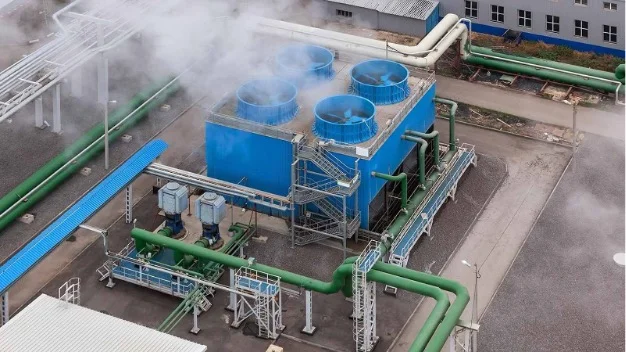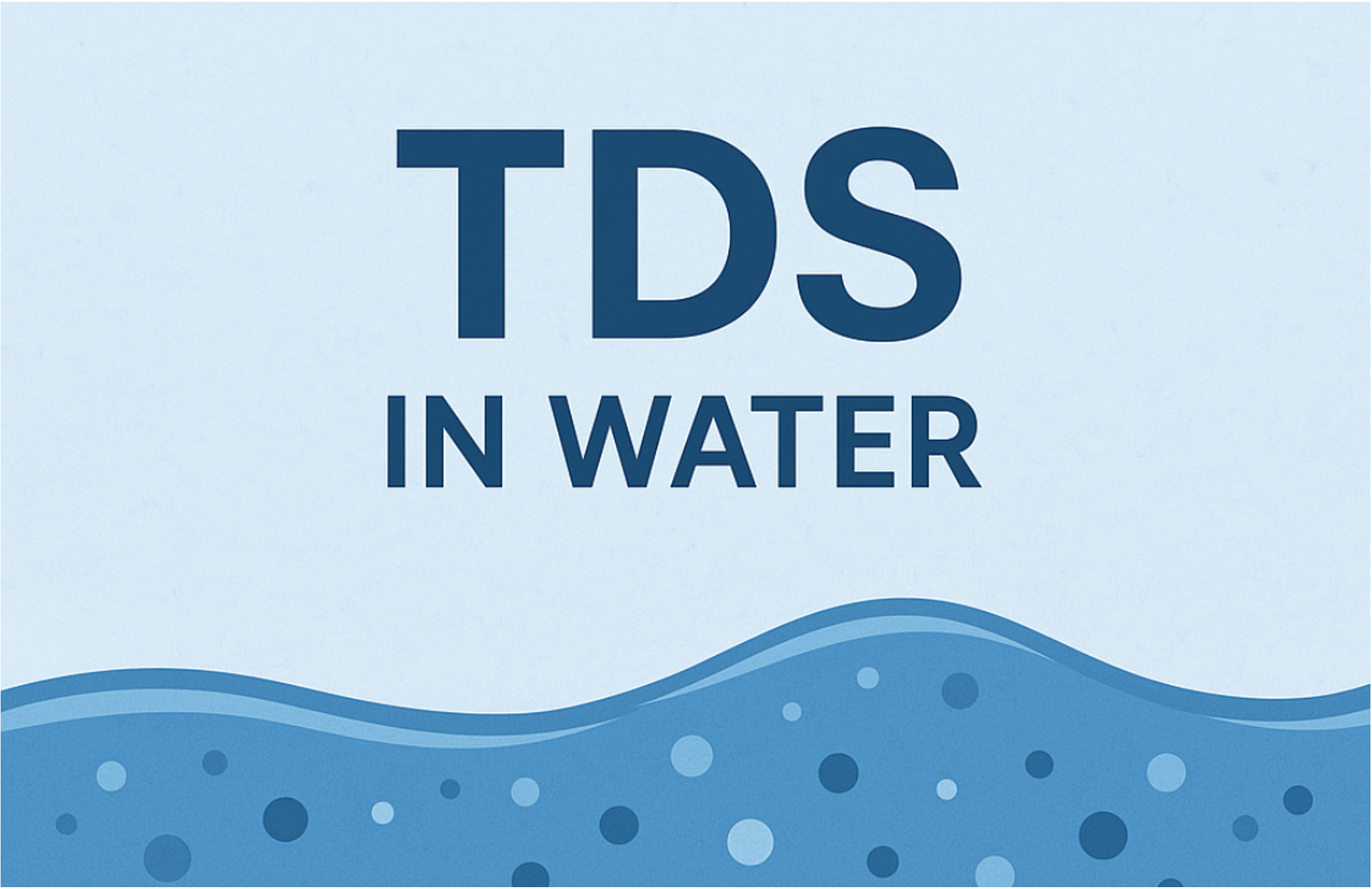When it comes to filtration systems in swimming pools and wastewater treatment plants, most operators aim to maximize efficiency, reduce operational costs, and minimize chemical dependency.
One revolutionary solution that supports all three goals is glass filter media—an advanced alternative to traditional sand and multimedia filters. Beyond its excellent filtration capabilities, glass media helps significantly in reducing the consumption of various treatment chemicals, especially chlorine and coagulants.
What Is Glass Filter Media?
Glass filter media is made from finely crushed, specially processed glass—either recycled or virgin. Unlike sand, which has a relatively uneven shape and size, glass media is engineered to be angular and uniform, which enhances its ability to trap particles and prevent bacterial growth.
Virgin glass, in particular, is NSF-certified, non-porous, and free of contaminants, making it ideal for sensitive applications such as drinking water, swimming pools, and high-purity industrial processes.
Why Chemical Usage Is a Concern
In both swimming pools and wastewater treatment plants, operators rely on various chemicals to maintain water quality:
- Chlorine for disinfection
- Coagulants (like alum or polyaluminium chloride) to clump fine particles for easier removal
- pH adjusters, algaecides, and other sanitizers to meet required standards
Excessive chemical usage leads to:
- Higher operational costs
- Increased health and safety risks
- Greater environmental impact due to chemical discharge
Reducing chemical dependency without compromising on water quality is, therefore, a top priority.
How Glass Filter Media Reduces Chlorine Demand
- Better Particle Removal Means Fewer Contaminants
Glass filter media offers a finer and more consistent filtration than sand. It can remove particles as small as 2 microns, compared to sand’s average of 20–40 microns. This improved filtration directly affects chlorine demand:
- Fewer organic particles in the water means less chlorine is required to oxidize contaminants.
- Reduced chloramine formation (a by-product of chlorine reacting with nitrogen compounds like sweat or urea in pools), which is responsible for the “chlorine smell” and irritation.
By keeping the water clearer and cleaner at the filtration stage, glass media reduces the chlorine needed for disinfection.
- Biofilm Resistance Lowers Bacterial Load
Sand media is porous and tends to develop biofilms—colonies of bacteria and organic matter that cling to media surfaces. These biofilms:
- Increase bacterial load in the system
- Require higher chlorine levels to be neutralized
- Can cause backwashing inefficiencies
Glass media, especially virgin glass, has a non-porous and negatively charged surface that resists biofilm formation. This dramatically lowers the microbial content of the filtered water, reducing the need for chlorine or other biocides.
- Reduced Need for Coagulants and Flocculants
In wastewater treatment and some swimming pool systems, coagulants and flocculants are dosed to aid particle removal. However, since glass media can filter out finer particles more effectively, the system may no longer require—or require much less of—these additional chemicals.
This not only brings down chemical costs but also minimizes sludge production, further reducing the need for chemicals used in sludge treatment and disposal.
Additional Benefits of Glass Media That Support Chemical Reduction
– Faster Backwashing, Less Water Waste
Glass media requires shorter and less frequent backwashes due to its lower propensity for clogging. This reduces:
- Water loss
- The need for backwash chemical treatments
- Associated rebalancing chemicals (e.g., pH adjusters)
– Longer Media Life
Unlike sand that needs replacement every 3–5 years, high-quality glass filter media can last 10–15 years. A stable filtration bed leads to consistent chemical dosing over a longer period without the spikes that often occur when media degrades or channels.
Applications Benefiting from Reduced Chemical Use
- Swimming Pools: Cleaner, clearer water with less eye and skin irritation for swimmers. Less chemical smell and lower risk of over-chlorination.
- Municipal Wastewater: Reduced coagulant and chlorine dosing helps municipalities meet discharge norms more economically.
- Industrial Effluents: Particularly in food & beverage, pharmaceuticals, and textiles where chemical minimization is critical.
A Smarter, Cleaner, and Greener Approach
Glass filter media isn’t just an upgrade in terms of filtration performance—it’s an investment in sustainability, operational efficiency, and healthier water quality. By enabling better filtration, preventing biofilm, and reducing the need for chlorine and other treatment chemicals, glass media offers a compelling value proposition for swimming pool operators and wastewater treatment plants alike.
For those seeking to lower operational costs, comply with stricter environmental regulations, and provide safer water, switching to glass filter media is a smart move.





